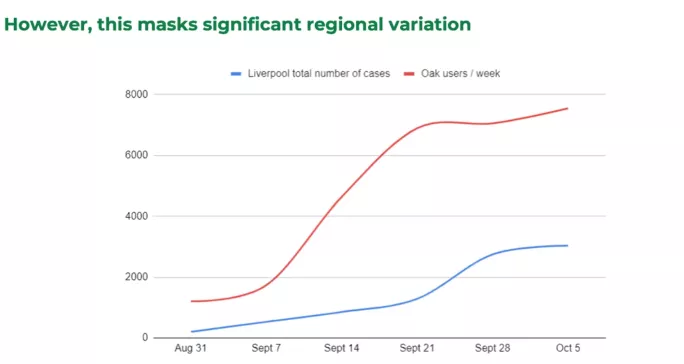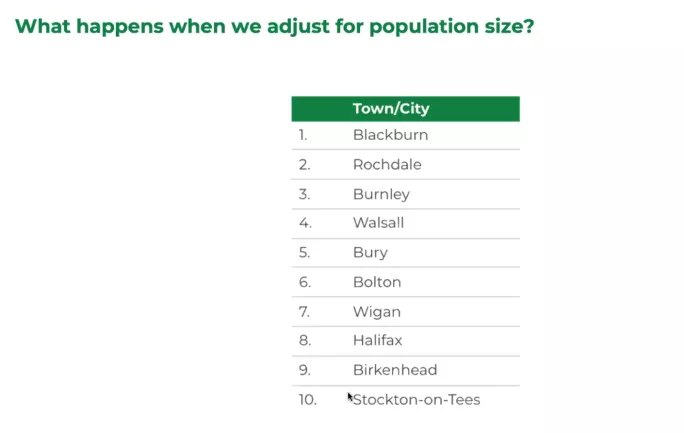Teachers need to project their enthusiasm and be crisp and concise during remote lessons because they are “competing with a cat dancing on TikTok” for pupils’ attention, the head of Oak National Academy has said.
Matt Hood also told a school conference that teachers needed to build in regular pause points - every one or two minutes - to encourage pupils to think about what they are learning.
He told delegates at the Schools North East summit today that teaching with an animated ”Blue Peter” style was more effective during remote lessons.
Online learning: Remote learning ‘usually little more than revision’, head tells MPs
Quick read: Duchess leads UK’s largest assembly
Remote learning: Six things Oak’s first term tell us
Mr Hood, principal of the online learning school Oak National Academy, said: “We learned a lot over the summer about things that just work a bit better. As you will be able to tell from my Zoom presentation, my teaching style is reasonably ‘Blue Peter’ as it is.
How to engage pupils in remote teaching
“I am reasonably expressive but there are teachers who are less ‘Blue Peter’ and one of the things we learned is that engagement with lessons is higher where the teachers are projecting their enthusiasm for their subject down the line with a greater level of enthusiasm than some of our teachers might otherwise have been comfortable with in their classroom.
“We discovered that you need to massively increase the frequency of what we call pause points. That is not necessarily that the pupil goes away and does a lengthy individual task but just very regularly - way more regularly than I think you would be used to in a classroom - we are taking about every one or two minutes, getting the pupils to stop and think about something.
“We think explanations being really crisp is really more important online than it was offline.
“We are competing for attention and so we want the shortest and most concise possible number of words to explain concepts because any extra words increase the chance that a cat dancing on TikTok is grabbing their attention and they will go and watch the cat dancing on TikTok rather than doing work with us.”
Mr Hood said that the number of people using Oak lessons had risen to around 250,000 a week, where it had levelled off.
And he suggested this was because of a cycle of pupils being off school for a short time because of Covid-19 and then returning.
He said that Oak had seen a correlation between the number of Covid cases in an area and the number of its lessons being accessed.
He highlighted Liverpool as an example of this: there was a sharp increase in lessons being accessed as the number of cases of Covid-19 in the city increased.
Mr Hood also revealed that that the majority of areas with the highest uptake of lessons, when adjusting for population size, were in the North of England.
A table showed that seven of the top 10 areas were in the North West of England and only one was outside the North.
Mr Hood also revealed that schools were using the lessons provided by Oak in different ways.
He said this included as a way of supporting catch-up, homework, supporting cover lessons and as part of initial teacher training when looking at issues such as how to sequence a lesson.






